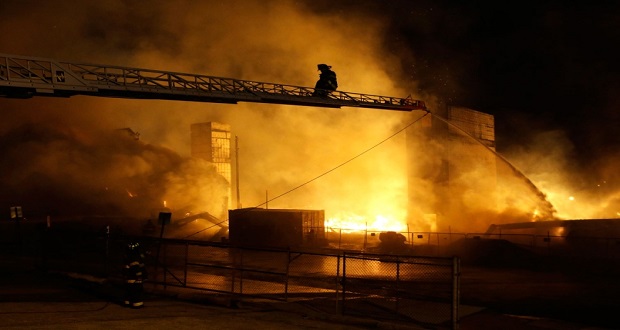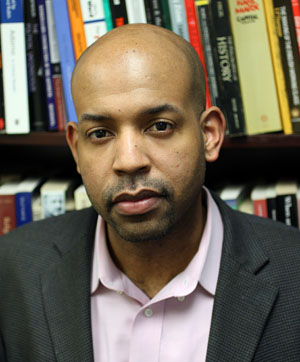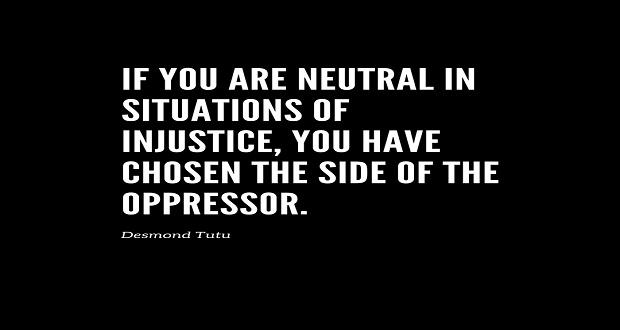
By Dr. Joseph R. Winters, II
On Tuesday mo(u)rning, the day after Freddie Gray’s funeral, I woke up and anxiously turned on the television to find out what had transpired in Baltimore while I (uneasily) slept. Amidst unsettling images and sounds of rebellion, property damage, and police repression, one news segment continues to haunt me. An MS-NBC reporter, standing in front of a burned down building, points to downtown Baltimore.

Dr. Joseph R. Winters, II UNC Charlotte
In one shot, the viewer sees how wealth and capital, signified by downtown high rises, gets concentrated in certain spaces while neighboring areas and communities are deprived of basic resources, goods, and opportunities. In other words, the contrast between images of downtown and the space where the reporter was standing visualizes the economic and racial disparity that undergird the kind of rebellion we witnessed this week. In addition to the visual contrast, what struck me was the reporter’s claim that people are worried that violence will “spill over” into the downtown area. Downtown Baltimore, the ostensible site of prosperity, progress, and life, is in danger of being permeated by the pent-up, rebellious energy emanating from neighboring communities of color. But of course, as the recent events demonstrate, this danger goes both ways – working class people of color are constantly susceptible to the subtle and not so subtle violence that marks the status quo.
According to Slovenian philosopher Slavoj Zizek, it is important to make a distinction between subjective and objective violence. Subjective violence, or harmful, destructive behavior expressed by an individual, is relatively easy to detect and identify – a police officer shooting an unarmed, fleeing suspect; an angry, disappointed youth throwing bricks at police officers. According to Zizek, it is more difficult to determine the objective conditions and circumstances that make these individual acts possible. Objective violence refers to the systemic conditions that prevent certain communities from flourishing and living well; objective violence refers to social patterns, laws, and policies that make certain communities more vulnerable to suffering, death, and loss. Objective violence includes the tendency to keep communities of color under heavy police surveillance, using fines for petty crimes to generate wealth.
It is convenient for me to renounce the violent acts of individuals; it is more difficult and perhaps more uncomfortable for me to reflect on the conditions that systemically harm and damage certain communities, conditions that I participate in, benefit from, and help to preserve (even as I try to resist and challenge them). But if we are to understand what is currently going on in Baltimore and many other cities, we will have to rethink and re-imagine what we mean by terms like violence, threat, and danger.

















